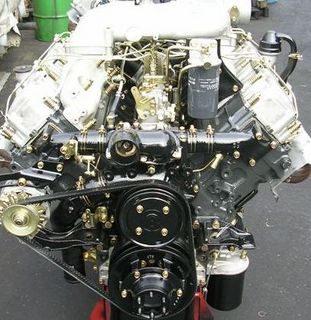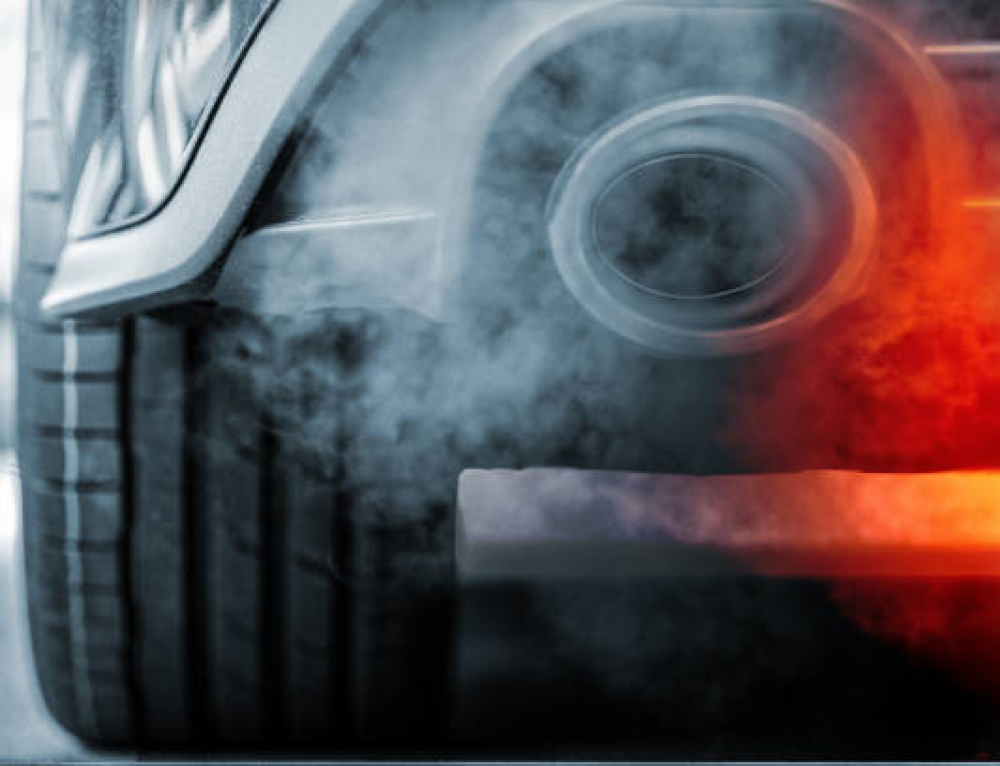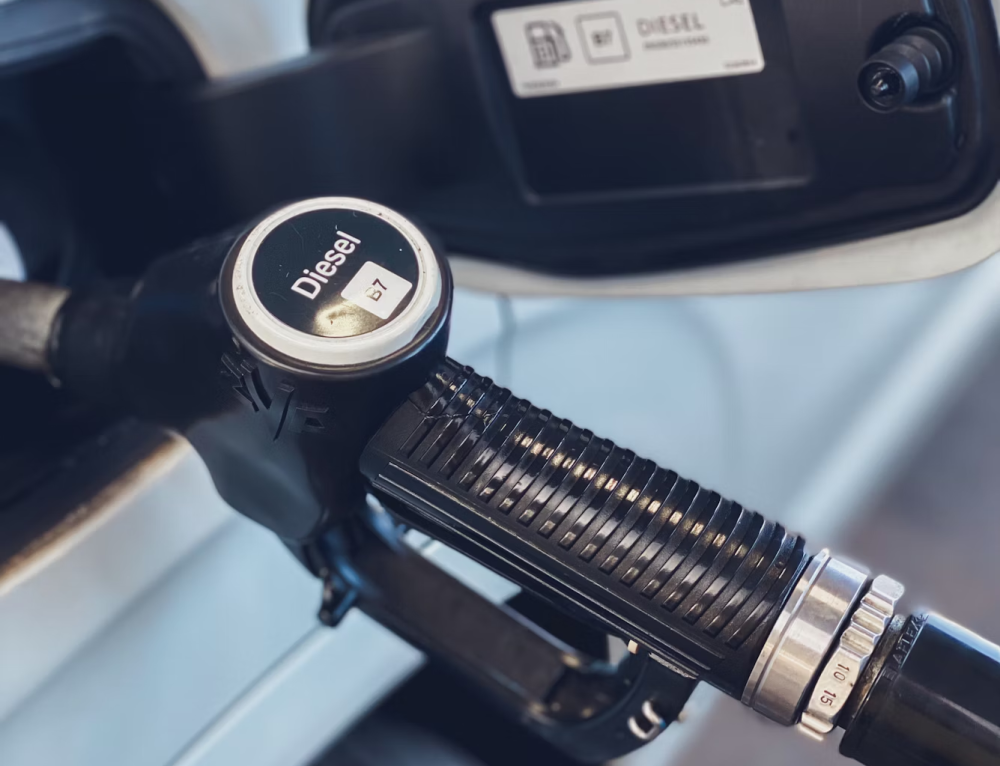Temperature control in an engine is very vital for the survival of all its parts. Even more is its importance if that engine is a diesel engine. We all know that engines that operate on diesel are very powerful and deliver an enormous amount of energy and heat.
This heat generated needs to be controlled for continuous use. Should this control be absent, there will be consequences, and this will surely ruin your diesel engine and ultimately render your vehicle useless. In many cases, a common issue arises when a diesel engine is overheating due to a failing cooling system. In order to prevent this, your engine’s cooling system has to be at peak performance at all times. A slight drop in performance can result in overheating.
If your diesel engine is overheating, it is not something you want to allow for an extended period, as damage may come sooner than you expect. Should you notice your temperature gauge going over the acceptable limit, then it’s time for some repairs. There are different reasons your engine will overheat; below are some of the root causes:
Your coolant is leaking
If your coolant is leaking, it means there are holes, cracks, and breaks in your cooling system that shouldn’t exist. You can easily tell if your coolant is leaking if you notice an excessive and unusual drop in the amount of coolant in your vehicle. Coolants are colorful fluids, sometimes pink in color. If you observe it around your engine, then there’s a leak somewhere. A visit to a diesel engine mechanic can fix this problem for you. If a diesel engine is overheating, it could be due to a coolant leak, clogged radiator, or a failing water pump, all of which require immediate attention to prevent serious damage.
Your coolant fluid is contaminated
Sometimes, the presence of impurities, such as corroded metal parts, rust, and even air bubbles, could be a problem when your diesel engine is overheating. The presence of these impurities dilutes the coolant, contaminates it, and prevents it from functioning properly. Should this be the case, it’s time to flush out your coolant. A coolant fluid flush is recommended for your vehicle regularly. Don’t wait for your engine to display symptoms of overheating before you take your vehicle for a fluid flush.
Your cooling fan is broken
If your cooling fan ceases to operate, your engine will overheat under as short a time as 10 minutes. A diesel engine is overheating in this situation can lead to severe damage. You absolutely can’t drive your vehicle in this condition. The problem could be an electrical fault or that your fan is just broken. Whatever the case, take your vehicle to a diesel engine mechanic you trust so repairs and replacements are made accordingly.
Your radiator hose is compromised
This can take the form of a broken, collapsed, or clogged hose. Should any of these happen, water will cease to flow properly and in the right amount, hence overheating is certain. If your diesel engine is overheating, a mechanic will recommend replacing the broken/collapsed hose or removing the debris in the hose. It only takes a visit to the mechanic to fix this.
Your thermostat is faulty
When your thermostat is faulty, it is unable to regulate the operations of your cooling system. Overheating is not debatable: here your engine will overheat. You will have to replace the thermostat to get your cooling system performing again.
Your diesel injectors are clogged
When your diesel injectors are clogged with debris, fuel doesn’t flow as it should. Little fuel is provided for combustion, leaving your engine to work harder to compensate for the loss. Extra work means more heat is generated by the engine, which can be a major factor when your diesel engine is overheating. Frequent injector maintenance can help stymie this problem before it gets any worse.
If your diesel engine is facing any of these problems, don’t put off going to a mechanic any longer. The wait will only make the overheating get worse and ruin the whole engine.
Frequently Asked Questions
Why is my diesel engine overheating?
A diesel engine is overheating due to issues like a coolant leak, a failing cooling fan, clogged injectors, or a malfunctioning thermostat. If your temperature gauge rises above normal, it’s time for immediate inspection.
What should I do if my diesel engine is overheating?
If your diesel engine is overheating, pull over immediately, turn off the engine, and let it cool down. Avoid opening the radiator cap while it’s hot. Check coolant levels and inspect for visible leaks before seeking professional help.
How can I prevent my diesel engine from overheating?
To prevent overheating, regularly check your coolant levels, clean or replace the radiator hoses, maintain your cooling fan, and ensure your diesel injectors are not clogged. Routine maintenance is key to keeping your diesel engine from overheating.
Can a coolant leak cause a diesel engine to overheat?
Yes, a coolant leak is a common reason why a diesel engine is overheating. Leaks reduce the coolant supply, making it harder to regulate engine temperature. Look for coolant puddles under your vehicle and refill them as needed while scheduling repairs.
How does a faulty thermostat contribute to overheating?
A faulty thermostat can prevent coolant from circulating properly, causing your diesel engine to overheat. If your engine is running hotter than usual, a thermostat replacement may be necessary.





